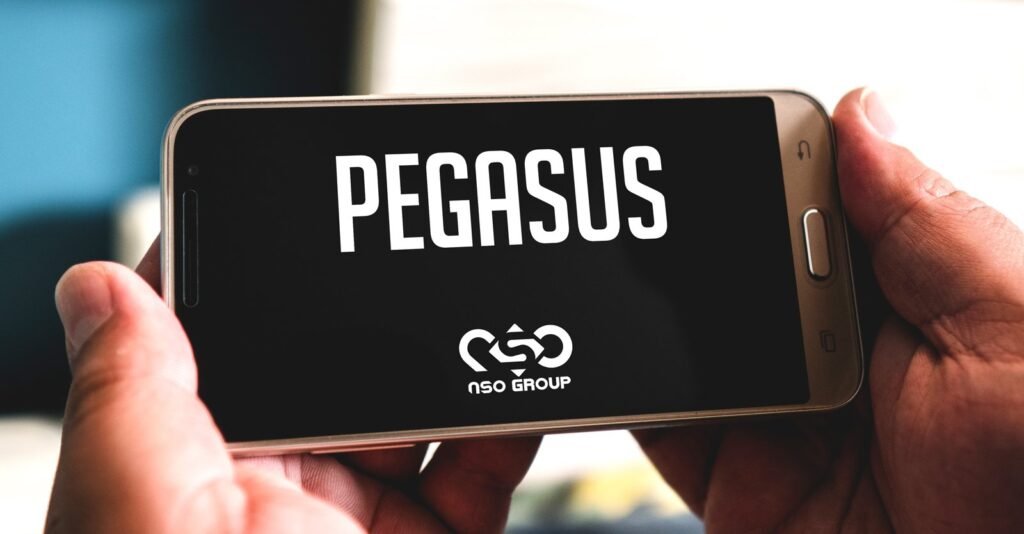A recent court ruling has significant implications for the controversial NSO Group, known for its development of the Pegasus spyware. The court found the company liable for approximately 1,400 infections linked to its software, which has been accused of being used for unauthorized surveillance and privacy invasions.
The case highlights the ongoing legal and ethical battles surrounding spyware technology and its use by governments worldwide. Pegasus, which can infiltrate smartphones to access personal data, has been at the center of numerous scandals, with allegations that it was deployed against journalists, activists, and political figures in various countries.
The court’s decision is seen as a landmark moment in holding technology companies accountable for their products’ misuse. It raises critical questions about the balance between national security interests and individual privacy rights. Critics argue that companies like NSO Group must take greater responsibility for how their technologies are employed, especially when they can facilitate human rights abuses.
This ruling could pave the way for more stringent regulations on spyware and similar technologies, potentially reshaping the landscape of digital privacy and surveillance. As the legal ramifications unfold, stakeholders from various sectors will be closely monitoring how this case influences future legislation and corporate practices in the tech industry.
The NSO Group has faced increasing scrutiny over its operations, and this ruling may lead to further investigations into its business practices and the ethical implications of its products. The outcome serves as a reminder of the need for transparency and accountability in an era where digital surveillance capabilities are rapidly advancing.
